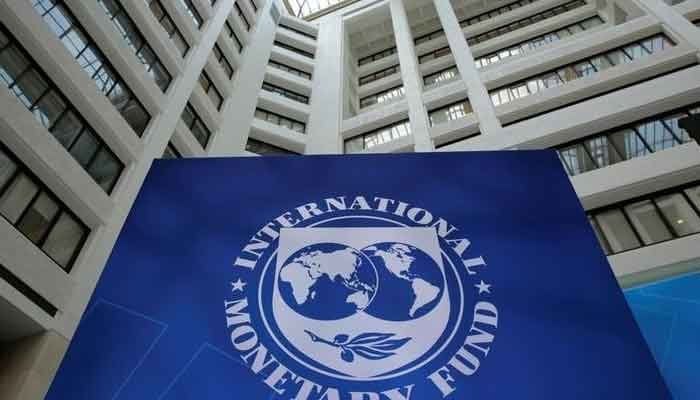Ishaq Dar announces that the IMF has deposited $1.2 billion into the SBP’s account
- During this week, SBP’s reserves increased by $4.2 billion.
- PM Shehbaz is thanked by FinMin Dar for his work in the IMF accord.
- “Pakistan is on the road to development,” FinMin Dar continues.
The State Bank of Pakistan (SBP) account has received a $1.2 billion deposit from the International Monetary Fund (IMF), strengthening the impoverished country’s hopes for economic stability after it teetered on the verge of default for several months.
After eight months of difficult discussions over budgetary restraint, the IMF’s executive board late last night authorized a $3 billion Stand-By Agreement (SBA) under a nine-month programme.
Last month, Pakistan and the lender came to a staff-level agreement that resulted in a short-term accord and more funding for the 230 million-person crisis-stricken nation than originally anticipated.
Finance Minister Ishaq Dar stated that Pakistan would receive the remaining funds following two reviews—the second in November and the third in February—in a speech broadcast from Islamabad.
He claimed that this influx would boost Pakistan’s foreign exchange holdings, stating that the central bank’s reserves have risen by about $4.2 billion over the past week.
“Our foreign exchange reserves will close at around $13-$14 billion on July 14 […] and the SBP will release the exact numbers later on,” the finance minister stated as he hailed Prime Minister Shehbaz Sharif for his efforts in securing the program.
As he frequently spoke with the IMF’s director in Paris and over the phone, the prime minister was instrumental in getting the lender to accept the revised scheme.
The IMF stated in a statement that the nine-month standby arrangement received approval from its executive board “to support the authorities’ economic stabilization program.”
Dar continued, “Pakistan is on the path to development […] we must all work to benefit from this.”
After the ouster of the country’s former prime minister Imran Khan, the South Asian nation has experienced a balance-of-payments crisis as it tries to repay severe external debt in a volatile political environment.
The country is struggling to afford imports as a result of skyrocketing inflation, the rupee’s record low against the dollar, and a country-wide decrease in industrial output.
Nearly two dozen agreements have been mediated by Pakistan with the IMF, the majority of which have not been fulfilled.
Pakistan got $3 billion in deposits from Saudi Arabia and the United Arab Emirates in the days before to the decision’s approval.
The funds from the two Gulf nations increased Pakistan’s foreign exchange reserves to $7.5 billion, more than quadruple the account balance from the previous week.
